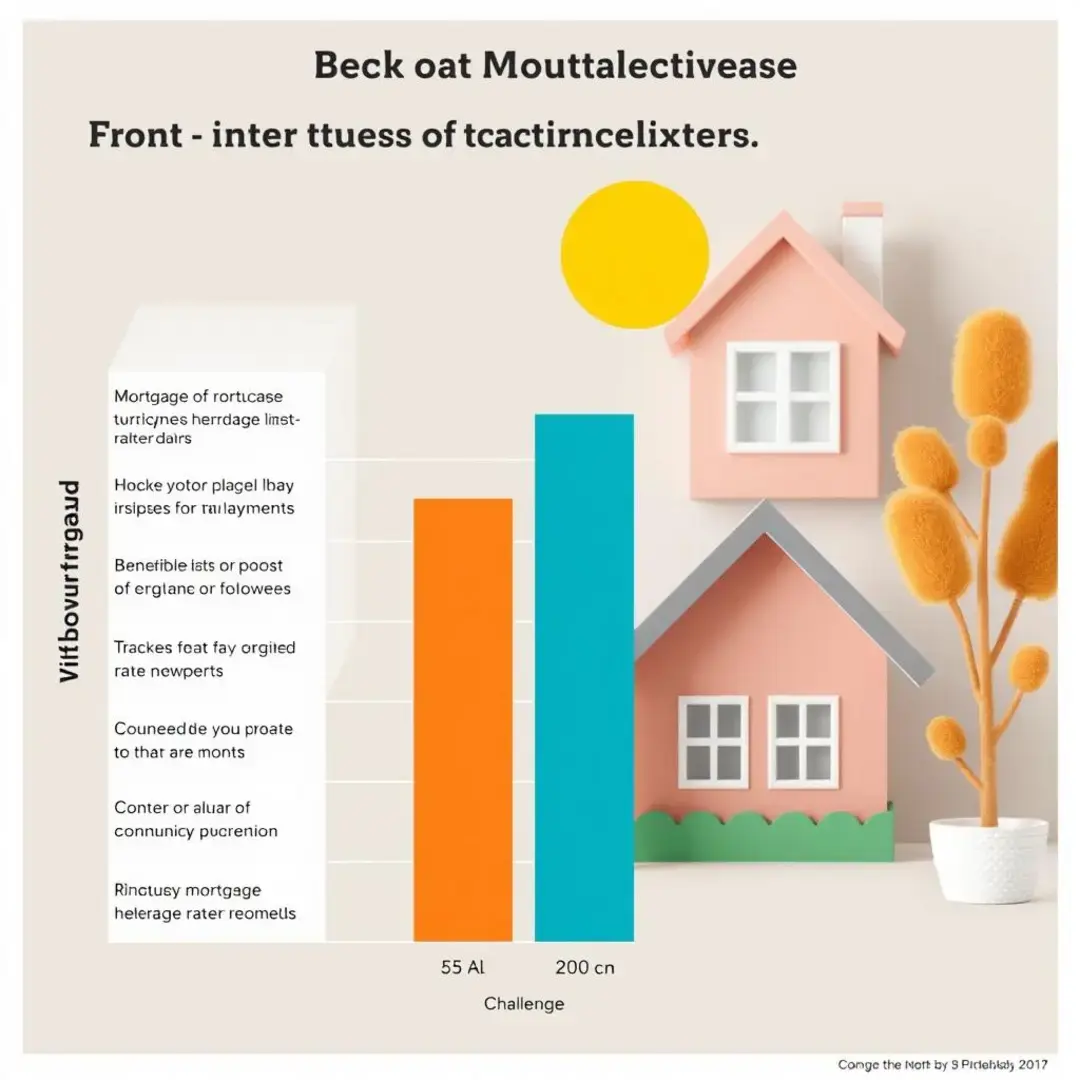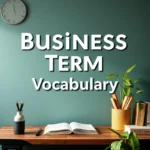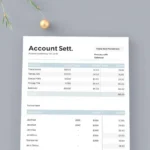Fixed-Rate Mortgage: Stable Home Loan Financing
Understanding Fixed-Rate Mortgages

A fixed-rate mortgage is a popular choice for homeowners seeking stability and predictability in their monthly payments. Unlike adjustable-rate mortgages, which can fluctuate with market conditions, fixed-rate mortgages provide the assurance that your interest rate will remain constant over the life of the loan. This type of financing can offer peace of mind, especially in volatile economic climates.
The Mechanics of a Fixed-Rate Mortgage
In essence, a fixed-rate mortgage consists of a loan that is repaid over time through regular monthly payments that include both principal and interest. Amortization schedules are an important aspect of these loans, illustrating how much of each payment goes towards paying down the principal and how much goes towards interest over time. Understanding these schedules can help borrowers plan their finances effectively.
These schedules detail the repayment process, highlighting how the loan balance decreases over time. Early on, a larger portion of the monthly payment is allocated to interest; however, as payments progress, more of the payment applies towards the principal. This gradual shift can significantly impact the overall cost and timeline of the loan.
Your monthly mortgage payment comprises two main components: principal and interest. The principal is the original loan amount that you borrowed, while the interest is the cost of borrowing that money. For fixed-rate mortgages, this interest rate remains unchanged throughout the loan term, which is beneficial for budgeting.
In addition to principal and interest, many lenders establish escrow accounts to cover annual property taxes and homeowners insurance. This arrangement ensures that these significant expenses are paid on time, providing peace of mind to both homeowners and lenders.
Advantages of Fixed-Rate Mortgages
One of the most attractive features of fixed-rate mortgages is the predictability of monthly payments. Homeowners can budget their finances with a clear understanding of their obligations, which is especially valuable when planning for other expenses. These loans are particularly advantageous in a rising interest rate environment.
With a fixed-rate mortgage, the payment structure remains constant, regardless of economic fluctuations. This consistent payment schedule aids in financial planning and reduces the risk of payment shock associated with adjustable-rate mortgages.
For homeowners, the fixed interest rate is a hedge against future rate hikes. As rates climb, those with fixed-rate mortgages benefit from lower monthly payments compared to new borrowers entering the market at higher rates.
Over time, a fixed-rate mortgage can contribute significantly to long-term financial security. With the certainty of payments, homeowners can focus on wealth-building strategies and saving for retirement, rather than worrying about market volatility affecting their housing costs.
Disadvantages of Fixed-Rate Mortgages
While fixed-rate mortgages offer many benefits, they also come with certain drawbacks. One notable disadvantage is that they often have higher initial interest rates compared to their adjustable-rate counterparts. This can lead to larger monthly payments initially, which may deter some potential homeowners.
Adjusted-rate mortgages typically start with lower rates, making them appealing to short-term buyers. However, this initial cost may lead to unforeseen expenses in the long run if rates increase after the initial period.
Homeowners with fixed-rate mortgages may find it challenging to refinance if rates dip because of the penalties or fees associated with early repayment. This can leave homeowners feeling trapped in a higher interest scenario, particularly if they want to capitalize on lower rates.
Fixed-rate mortgages can also offer limited flexibility in terms of payment structures. Homeowners tied to a fixed repayment plan may miss opportunities to reduce their debt more quickly or adapt payments to changing financial circumstances.
Advanced Strategies for Fixed-Rate Mortgages

For savvy homeowners, understanding the nuances of fixed-rate mortgages can lead to competitive advantages, particularly concerning investment properties or wealth-building strategies. Leveraging fixed-rate mortgages for investment purposes can require thorough analysis and planning.
Leveraging Fixed-Rate Mortgages for Investment Properties
Investing in real estate can be lucrative, and utilizing a fixed-rate mortgage can enhance the stability of your investment strategy. The predictable nature of payments allows investors to effectively project cash flow and returns on investment, essential for sound management.
To maximize profitability, investors must carefully analyze the rental income potential of properties. Understanding the local market dynamics and pricing trends can inform investment decisions and help predict future cash flows.
It’s essential to perform thorough calculations regarding cash flow and the overall return you can expect from your investment. This entails consideration of fixed payments, maintenance costs, and other financial obligations tied to the properties you acquire.
Investors should also familiarize themselves with the tax implications associated with investment property mortgages. Various tax benefits exist, including the ability to deduct mortgage interest and certain associated costs, which can enhance overall profitability.
Optimizing Your Fixed-Rate Mortgage for Long-Term Financial Goals
Early payoff strategies for a fixed-rate mortgage can lead to substantial long-term savings. Many homeowners seek out ways to mitigate their total interest payments by paying down their principal more rapidly.
Consider implementing strategies such as lump-sum payments or refinancing to a shorter loan term. Refinancing to a 15-year mortgage, for instance, can substantially reduce the interest paid over the life of the loan.
Another option is to make bi-weekly payments instead of monthly ones or to contribute extra payments towards the principal. These methods can significantly decrease the total interest paid and shorten the loan payoff period.
Before refinancing, however, homeowners should evaluate current interest rates and potential closing costs. Making informed decisions can help ensure that the benefits of refinancing outweigh any associated costs.
Navigating the Fine Print of Fixed-Rate Mortgage Agreements
Understanding the intricacies of mortgage agreements is vital for borrowers. Prepayment penalties may apply if you pay off your loan early, and being aware of these terms can prevent unexpected fees.
Some lenders may impose penalties for early repayment, intended to compensate for lost interest income. These fees can vary, so it’s essential to clarify these details before signing any agreements.
Different loan terms come with varied implications for monthly payments and interest rates. Shorter terms typically carry higher monthly payments but lower total interest costs, while longer terms spread the costs out more and reduce payment amounts.
Lastly, homeowners can often negotiate closing costs and fees with lenders. Being proactive during the mortgage process can lead to significant savings, enhancing overall affordability.
Current Market Trends and Their Impact on Fixed-Rate Mortgages

The mortgage market is ever-changing, influenced by a variety of economic factors. Understanding the current landscape and potential trends can aid homeowners in making informed decisions.
Analyzing the Current Interest Rate Environment
Interest rates fluctuate based on a variety of factors, including Federal Reserve policies, economic conditions, and inflation expectations. By analyzing these elements, homeowners can better anticipate how rates may impact their mortgages.
Major economic indicators such as employment rates, GDP growth, and inflation have direct correlations with mortgage interest rates. Keeping a pulse on economic indicators is essential for predicting rate changes.
While economists make projections based on current data, unexpected events can lead to rapid shifts in the market. It is beneficial for borrowers to stay informed through reputable sources to be able to act when the time is right.
Economic growth often leads to increased demand for loans, while inflation may prompt the Federal Reserve to raise interest rates to cool down the economy. Understanding this interaction can help homeowners time their financial decisions appropriately.
The Role of Inflation and its Effect on Fixed-Rate Mortgages
Inflation significantly influences interest rates and the overall cost of borrowing. When inflation rises, lenders typically increase rates to maintain their margin, affecting new homebuyers and those looking to refinance.
Interest rates tend to rise in conjunction with inflation due to increased costs for lenders. Consequently, borrowers may face steeper rates when seeking fixed-rate mortgages in an inflationary environment.
A fixed-rate mortgage can act as a safeguard against inflation by locking in a portion of your purchasing power. This predictability is crucial for long-term financial planning, especially in potentially volatile markets.
To further protect against inflation, homeowners can employ various strategies, such as adjusting investment portfolios or seeking out mortgage products that may offer more favorable terms during inflationary periods.
Choosing the Right Fixed-Rate Mortgage for Your Needs

Finding the right mortgage requires careful consideration of your financial situation and long-term goals. Without a well-informed approach, you may end up with a loan that does not serve your best interests.
Assessing Your Financial Situation and Goals
Before entering into a mortgage agreement, it’s vital to assess your borrowing capacity and financial goals. This self-evaluation will not only inform the size of the mortgage you can reasonably manage, but also determine the most suitable product for your situation.
Consulting a financial advisor or utilizing online calculators can provide insight into how much you can afford to borrow without jeopardizing your financial stability. Understanding your debt-to-income ratio is essential in this process.
Evaluating your personal risk tolerance is crucial when deciding between fixed and adjustable-rate mortgages. Knowing how much fluctuation in payments you can tolerate will help guide your choice.
Ultimately, the mortgage you select should align with your broader financial objectives, whether that includes saving for retirement, buying a second home, or simply ensuring a stable family environment. Thoughtful planning can facilitate these ambitions.
Comparing Different Lenders and Loan Options
As with any financial product, it’s essential to compare various lenders and their offerings to find the best fit. From interest rates to customer service, many factors can influence your decision.
Familiarizing yourself with lender fees and potential closing costs is a critical step. These can add up quickly, which may influence your overall budgeting and the affordability of your mortgage.
Don’t hesitate to negotiate with lenders. Many are willing to provide competitive rates and terms to attract business, so being well-prepared with knowledge of current market rates can help boost your bargaining position.
Your choice of loan term—such as 15 versus 30 years—should reflect your financial objectives. Shorter terms may lead to significant savings in interest, whereas longer terms might be more manageable monthly but ultimately cost more over time.












